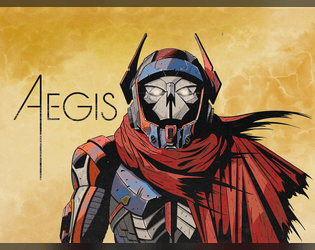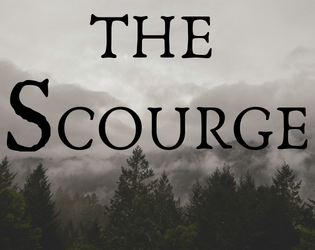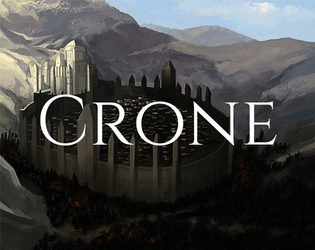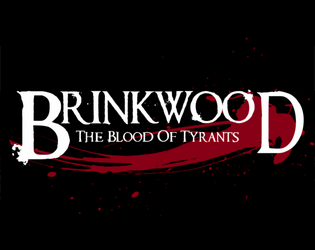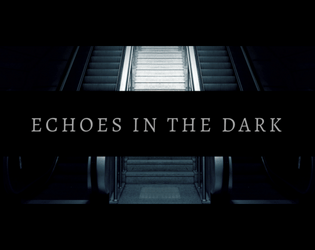Hey hey! I think I answered these after you brought them up in the discord, but just in case anyone else has the same q's:
Ban Slots: The character sheet having two slots for Level 1 and Level 2 Bans and one slot for a Level 3 ban is by design. A brigand may have up to two Level 1 bans, two Level 2 bans, and one Level 3 ban for a total of five bans. Note that this excludes the Level 4 - Final Ban, only one of which may be taken per brigand.
Flipping a Roll: Flipping a failure into a success by taking a ban results in a success, as if the player had rolled a 6. The “cost” is the ban taken, there are no further consequences from flipping a roll.
When Flipping a roll using a ban, the GM should not reduce the effect of the action below limited effect for any other consideration such as scale or threat. Using a ban to flip a roll should be a narratively potent act, and should therefore not have it’s effect diminished so that it becomes pointless or that the ban feels wasted.
Likewise, when using a ban without rolling, the effect of the action should not be reduced below the level the ban provides. For example, a Light Ban action should not have it’s effectiveness reduced below limited effect and a Dangerous Ban action should not have it’s effectiveness reduced below great effect.
Scarring with No Bans: If a brigand fills their stress track and has no bans to scar, they are simply taken out of the scene and empty their stress track.
Noting Scars: It is suggested that players note the effects of scars directly next to the relevant ratings or equipment on their background sheet. For example, if a brigand scars a ban that prevents them from touching iron, they should cross off any equipment that contains iron from their background sheet.


